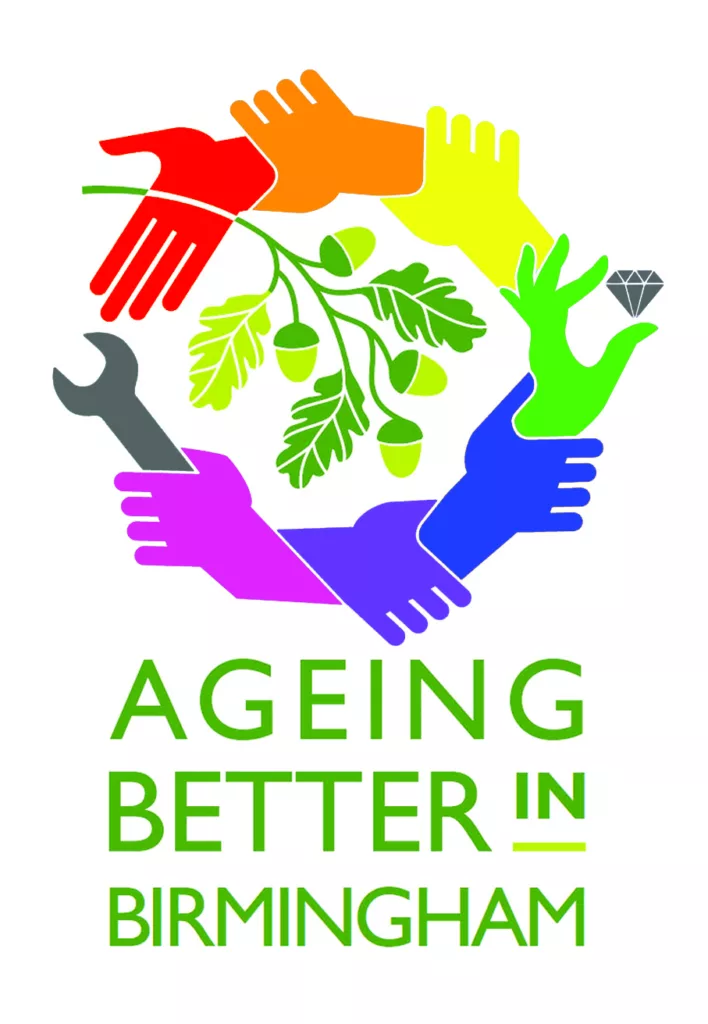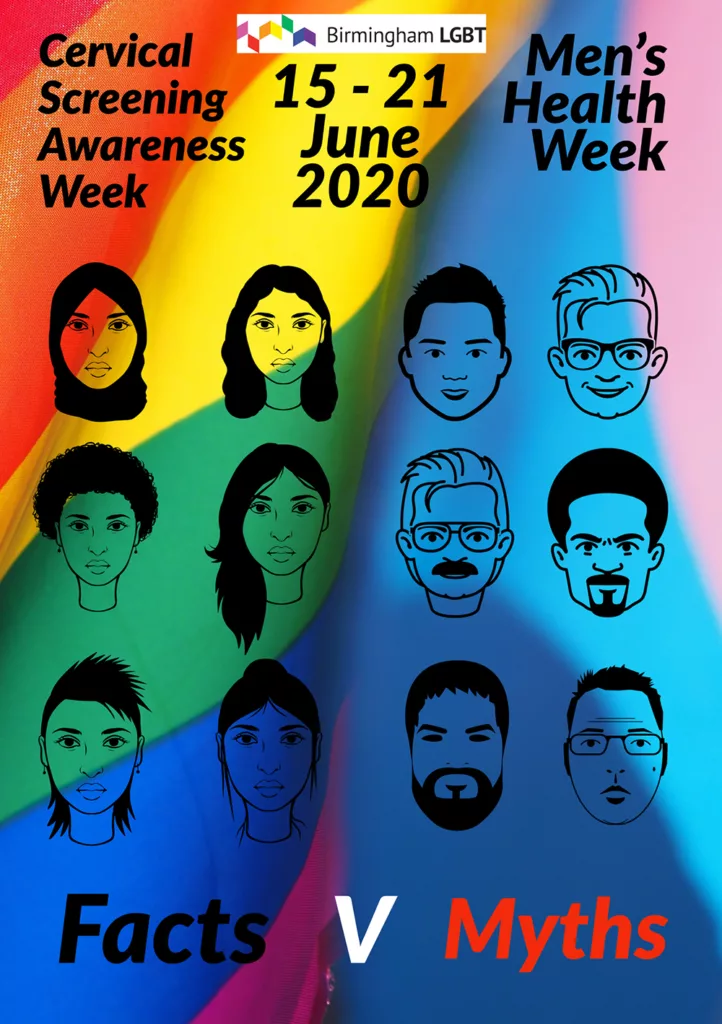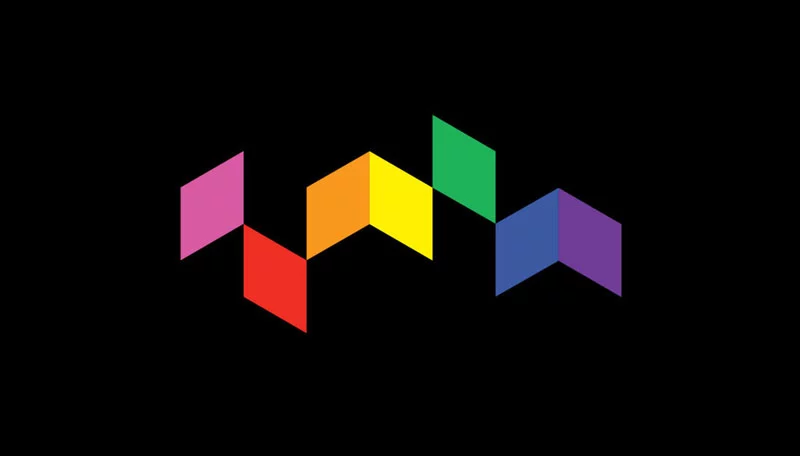Guest blog: Bards and Books – the LGBTQ+ book group
Bards and Books a very friendly and sociable LGBTQ+ book group which meets on the first Monday of each month (apart from when this falls on a Bank Holiday in which case it moves to the second Monday). We meet from 11am to 1pm in a venue centrally located in Birmingham. There is the option […]
Census 2021 Statement from the LGBT Sector
Birmingham LGBT has signed up to this statement. For a full list of signatories, visit https://www.consortium.lgbt/2021/02/18/census-consenus-statement/ The England and Wales Census 2021- taking place on 21st March- will ask voluntary questions about your sexual orientation and trans status for the first time. This is a huge step forwards and has come about in part due to […]
Social distancing doesn’t have to mean socially distant

By our Ageing Better Network Enabler (community development worker), Maria Hughes. Lockdown, self-isolation, shielding . . . if your job is to facilitate bringing people aged 50 and over together in social groups, to combat social isolation, a global pandemic can severely hamper your efforts. Research has shown that being socially isolated and lonely lead […]
New Pride in Plovdiv
This blog has been written by one of our newer volunteers, Vinay. As an out and proud member of the LGBTQ+ community, it was definitely difficult moving to a country where homophobia is prevalent, and over the last 6 years I faced many ups and downs with the city where I moved to study. Plovdiv, […]
Cervical Screening Awareness Week 2020 – Facts v Myths

The impact of Covid-19 on the LGBT community
Birmingham LGBT is working with Birmingham City Council on a campaign to support LGBT community members who have been impacted by Covid-19 and the social distancing measures in place. In order to do this, we need fully to understand the impact the virus has had on the LGBT community. Many members of LGBT communities in […]
Isolation Information for the LGBT Nation

This post was brought to you by Bethanie Browne, our Trans Sexual Health Outreach Worker. Right now, the world is in isolation, and life is becoming Groundhog Day – or Russian Doll, for those who are not well-versed in their 80s films, but have now watched everything Netflix has to offer. Most people are struggling […]